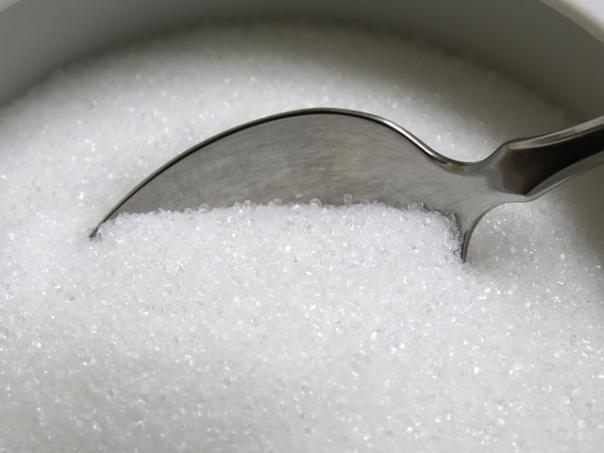
Britain is at ‘war with its weight’ as millions of people are struggling to reduce the amount of sugar in their diet. According to a recent Hermesetas research poll, carried out on 1,003 Brits, 51% of adults fail within a week of their diet. The lack of willpower is the greatest challenge (36%) followed by failing to resist something sweet (33%).
Two out of three adults worry about their sugar intake but seven out of ten adults do not actually know how much sugar they can safely consume. Also 21% of people surveyed said they do not check how much sugar is in the everyday foods they eat.
Dr Emma Derbyshire, a health nutritionist, said: “Something is clearly going wrong. There is consensus that current sugar intakes are far too high, and reducing consumption of rapidly absorbed free sugars has been identified as a health priority.
“But how can consumers achieve the new sugar reduction targets when they don't know what they are, and they are not checking how much sugar is in the foods they eat?”
Data from the National Diet and Nutrition Survey (NDNS) highlighted adults get 222% of the recommended amount of energy from sugar than they should and primary-school children (four to 10-years-old) get 270% of the recommended amount.
Dr Gill Jenkins, a GP, added: “Most people know that weight loss is all about reducing calories in, and increasing calories burnt. It's a simple equation — but it is complicated by individual eating habits, dietary desires, especially many peoples’ cravings for sweet tasting foods and drinks, and motivations to lose weight.”
“We live in a world which demands simple and easy-to-achieve solutions. We also know that significant weight loss can be achieved through small, but sustainable long-term changes — and swapping sugar for a low or no-calorie sweetener ticks both these boxes.”